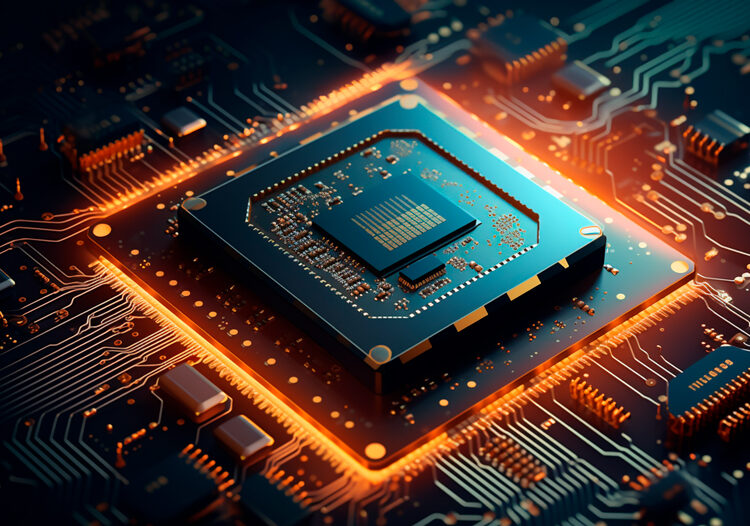Nvidia has recalibrated its product timeline, announcing a postponement in the release of its latest AI chip, the H20, tailored specifically for the Chinese market. This decision aligns with the need to meet U.S. export regulations, with the debut now slated for early next year.
The H20 stands as the pinnacle of Nvidia’s trio of chips designed to navigate the recent U.S. export constraints. Originally anticipated to launch on November 16, the chip’s introduction is now expected to occur between February and March, according to industry insiders.
While the H20’s delay stems from integration challenges faced by server manufacturers, Nvidia’s other offerings, the L20 and L2, remain on track, with the L20 set for its scheduled release. The L2’s status, however, remains under wraps.

Nvidia’s strategy is a direct response to U.S. restrictions that have precluded the export of its cutting-edge A800 and H800 AI chips to China. The new suite of chips, including the H20, L20, and L2, retains Nvidia’s innovative AI capabilities, albeit with moderated computing power to adhere to export rules.
This shift in Nvidia’s approach could potentially reshape market dynamics, as Chinese tech entities like Huawei capitalize on the opportunity to fill the gap left by Nvidia’s constrained supply. Indeed, Baidu has already pivoted, securing a significant order from Huawei for its AI chips, a move that predated the U.S. sanctions, thereby anticipating changes in the technology procurement landscape.






